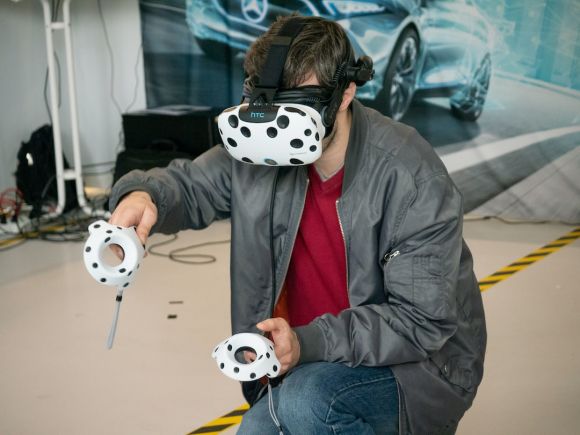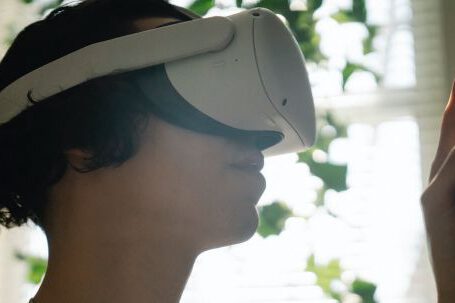Virtual reality (VR) has emerged as a powerful tool for entertainment and gaming, but its potential extends far beyond these realms. One area where VR is garnering increasing attention is its ability to foster empathy in users. By immersing individuals in virtual experiences, VR has the potential to create a profound sense of empathy and understanding. In this article, we will explore the ways in which VR can enhance empathy and discuss its implications for various fields.
Enhancing Perspective-Taking
One of the key mechanisms through which VR fosters empathy is by enhancing perspective-taking. Through VR, users can step into the shoes of others and experience the world from their perspective. This immersive experience allows individuals to truly understand the challenges, emotions, and experiences of others. For example, VR simulations can transport users to war zones, refugee camps, or poverty-stricken areas, giving them a firsthand experience of the hardships faced by people in these situations.
Promoting Emotional Connection
VR also has the unique ability to promote emotional connection. Traditional media, such as movies or books, can evoke emotions in users, but VR takes it a step further. By creating a realistic and immersive environment, VR can activate the same neural pathways that are activated in real-life experiences. This leads to a more intense emotional response, allowing users to truly empathize with the characters or situations they encounter. For instance, VR experiences that simulate being in the shoes of a person with a disability can elicit powerful emotional responses, leading to greater understanding and empathy.
Breaking Down Barriers
Another way in which VR fosters empathy is by breaking down barriers. VR allows users to transcend physical and cultural boundaries, enabling them to interact with people and environments that they may never encounter in their everyday lives. This exposure to different perspectives and cultures can broaden one’s understanding and foster empathy towards others. For example, VR experiences that simulate being a different gender or race can challenge preconceived notions and biases, leading to a greater appreciation for diversity.
Applications in Healthcare
The potential applications of VR in healthcare are vast. VR can be used to train medical professionals, allowing them to practice complex procedures in a realistic and safe environment. But beyond training, VR can also be leveraged to enhance empathy in healthcare practitioners. By immersing doctors and nurses in virtual scenarios, they can gain a deeper understanding of the experiences and emotions of their patients. This increased empathy can lead to better patient care and improved health outcomes.
Implications for Education
In the field of education, VR has the potential to revolutionize the way students learn and develop empathy. By using VR, students can be transported to different time periods, cultures, or even fictional worlds, allowing them to experience history, literature, and social issues in a more immersive and engaging way. This experiential learning can foster a deeper understanding and empathy towards others, helping students become more compassionate and globally-minded individuals.
Conclusion: A Tool for Empathy-Building
Virtual reality has the power to foster greater empathy in users by enhancing perspective-taking, promoting emotional connection, and breaking down barriers. Its applications in healthcare and education are particularly promising, offering new avenues for empathy-building. As VR technology continues to advance, it holds the potential to create a more compassionate and empathetic society, one that understands and appreciates the experiences of others.





